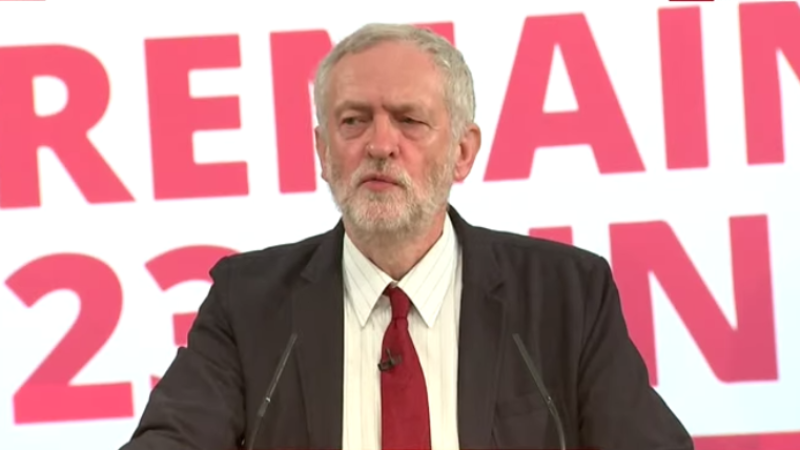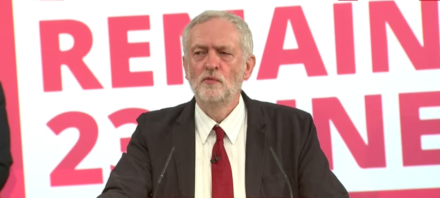

I am spending too much of my life explaining to comrades in sister parties in other countries where Labour is on Brexit. They tend to be shocked when they discover that in terms of leaving the single market – the alpha and omega of having meaningful access to the EU customer base of 450 million mainly middle class consumers – Labour is on the same page as the Tories at least in terms of election manifesto.
Labour’s problem is actually quite complicated. We forget the extent to which Labour, between 1945 and 2017, spent many more years in anti-European postures than in engaging in progressive EU politics.
Labour politicians from Clement Attlee through Hugh Gaitskell to Michael Foot and the younger Neil Kinnock, as well as Robin Cook, were all hostile to European integration. Denis Healey, as Labour’s post-war international secretary, saw European integration as KKK – Kapitalist, Katholik, Kartelistische – the international of catholic capitalist cartels and wanted nothing to do with it. In the last interview Healey gave to the New Statesman before he died in August 2015 he said we would vote Out in the referendum.
Jeremy Corbyn is part of that heritage. In the 1970s, when he formed most of this political views, pro-Europeanism was a hard right in Labour. Now he vaguely likes the idea of a Europe that is socialist, pro-worker, pacifist, green but does not like the real existing EU of liberal market competition, and checks on state aid.
But the main driver for Labour’s position on Europe in recent years was been the relentless drum beat on immigration unleashed by the Tories earlier this century, amplified by the off-shore owned press, with the rise of a populist xenophobic demagogue, Nigel Farage, who was fawned on by the BBC.
Labour was transfixed as MPs saw voters in heartland seats vote en masse for UKIP in European Parliament elections in 2014 and then in the Brexit referendum. But that was on the single issue of Europe. In the 2017 election the UKIP vote was 1.8 per cent. Like the Poujadistes in France in the 1950s, UKIP’s day is over.
EU immigration is coming down sharply – just 26,000 in the first quarter of this year compared to 40,000 in Q1 last year or 110,000 in Q1 2007.
Labour can square the Brexit circle if, instead of offering a slightly modified form of Brexit, with talk of partnership as opposed to single market membership – already rejected out of hand by the EU27 and Michel Barnier – it produces a worked out programme to slow down arrivals and help create fair pay jobs for British workers.
This could include training UK workers for NHS jobs, re-introducing proper craft apprenticeships, combining with sister parties and unions in Europe to propose a “fair movement directive”, re-visiting ID card schemes so that we actually know who is in the country, restoring the migration impact fund, and insisting employers consult with unions on hiring policies.
Waiting on the sidelines for the Tories to implode on Brexit, or hoping 318 Tory MPs will vote for an early election, leave Labour without initiative and a huge risk of slowly alienating next generation voters who strongly oppose Brexit. The debate needs to begin at the September TUC and Labour conferences and carry on through policy forums into coherent policy.
Denis MacShane is a former Europe minister. His book Brexit, No Exit. Why (in the End) Britain Won’t Leave Europe is published this month. Labour List readers can buy at a special price here.




More from LabourList
Sadiq Khan signals he will stand for a fourth term as London Mayor
Starmer or Sarwar: Scottish Labour MSPs and MPs split over Keir Starmer’s future
‘Every Lidl helps: What can the Government do to bring down food prices?’